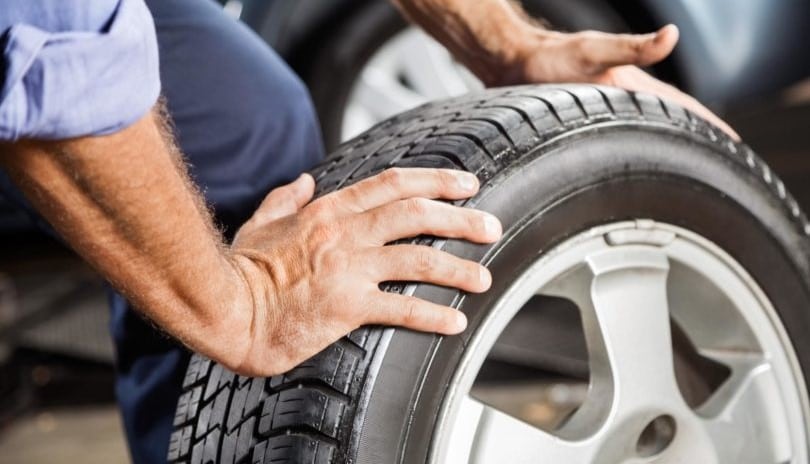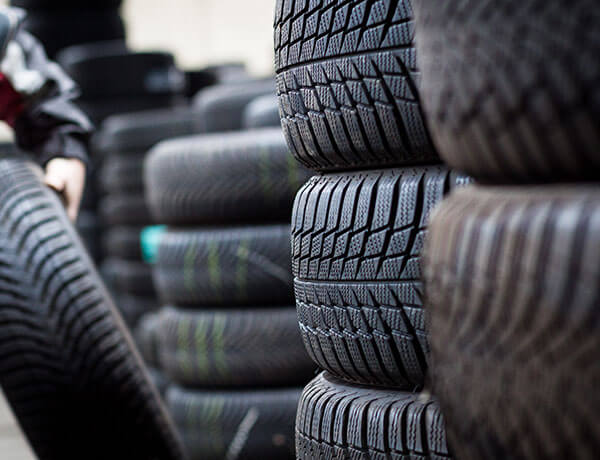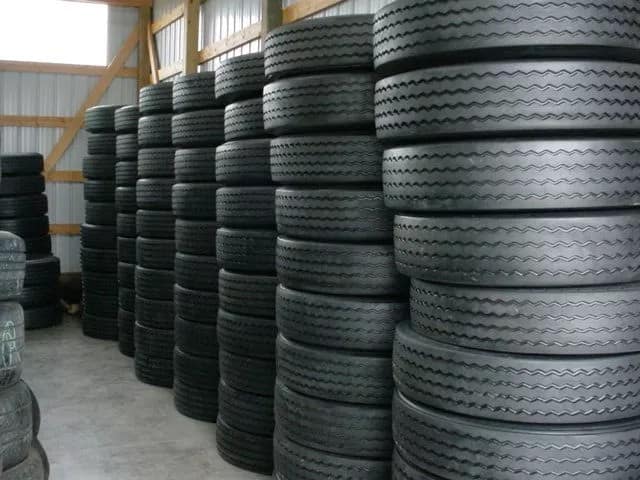When your vehicle needs new tires, the question of whether to buy new or opt for used is a common dilemma, especially for budget-conscious drivers. Used options often come with a tempting price tag, but is it worth it?
On one hand, second-hand goods can offer significant savings, but on the other, they might raise concerns about safety and performance.
Understanding the pros and cons can help you decide if buying used tires is the right move, or if you should consider saving for a brand-new set.
Here’s an in-depth look to help you determine whether pre-owned wheels are a smart choice or if you’re better off walking.
Why do used tires offer great savings?

The biggest advantage of buying used tires is the cost. New ones can be a major expense, especially if you’re replacing all four at once, whereas used options can provide significant savings.
You might find lightly used wheels that still have plenty of life left for a fraction of the cost. For many drivers, particularly those who don’t put high mileage on their cars, second-hand goods offer a cost-effective solution that fits within their budget.
However, the key to making this option worthwhile is ensuring you get good value. Not all used wheels are created equal, and you need to be selective about where and how you purchase them.
While it’s easy to be swayed by the lower price, it’s important to balance cost with quality to make sure you’re not sacrificing too much in terms of safety and longevity.
How can you ensure the safety of pre-owned tires?
Safety is the primary concern when considering second-hand goods. Because they’ve already been used, there’s always the risk that they’ve endured damage or wear that isn’t immediately visible.
To ensure you’re making a safe purchase, it’s crucial to inspect the condition thoroughly. Start by checking the tread depth, which will give you an idea of how much life the wheels have left.
You can use a tread gauge or even perform the penny test—if the tread covers part of Lincoln’s head when the coin is inserted, you’re good to go.
As you can see if you click here, the best way to ensure that you’re buying the right goods for your needs is to choose a reputable seller who will not sell you anything that would put your life in danger.
In addition to tread, examine the tires for signs of damage like cracks, punctures, or uneven wear patterns.
If you’re unsure how to inspect them properly, purchasing from a reputable dealer who offers warranties or guarantees on used products can provide extra peace of mind. A well-inspected, lightly used set can be just as safe as a brand-new one when chosen carefully.
Are used tires suitable for short-term solutions?

For certain situations, buying second-hand wheels makes perfect sense. If you’re planning to sell or trade in your vehicle soon, investing in a brand-new set may not offer the best return on investment.
In these cases, used goods can provide a temporary fix that keeps your vehicle safe and roadworthy without costing you a fortune. They’re also a great solution for drivers who don’t use their car regularly or only drive short distances.
Another scenario where used tires shine is when you’re in need of seasonal wheels. For instance, if you require snow tires for just a few months of the year, buying a second-hand set can save you money while still ensuring your car is equipped for winter conditions.
In such cases, the reduced cost far outweighs the potential downside of shorter longevity, as you likely won’t wear them out as quickly.
What should you avoid when buying used tires?
While the potential savings are appealing, there are some risks to be mindful of when purchasing used wheels. One thing to avoid is buying from unreliable or unverified sources.
Purchasing from a private seller or an unknown retailer can be risky because the history and condition of the goods may not be fully disclosed.
Always ask about the product’s history—how long it’s been used and under what conditions it was driven. This can provide valuable insights into its remaining lifespan.
Additionally, avoid tires that show obvious signs of damage or uneven wear. If the wear pattern suggests alignment issues from the previous vehicle, that could affect performance and safety on your car.
If you spot any bulges, cracks, or signs of previous repairs, it’s best to pass. Ensuring you know what to look for can save you from buying a faulty product that could fail prematurely.
Is buying used better for the world?

One of the often-overlooked advantages of purchasing used wheels is the positive environmental impact. By reusing products that are still in good condition, you’re helping to reduce waste and minimize the resources required to produce new tires.
This extends the life cycle of materials that would otherwise end up in a landfill, contributing to a more sustainable approach to vehicle maintenance.
In today’s world, where sustainability is becoming increasingly important, choosing a second-hand product isn’t just about saving money—it’s also about reducing your carbon footprint.
For drivers who are eco-conscious, opting for used can align with their values while still meeting their practical needs.
Are new tires always the better option?
While buying pre-owned wheels can be a smart financial decision, there are certain scenarios where new ones might be the better option.
If you drive long distances regularly or if your vehicle requires high-performance goods, investing in new is likely the safer, more practical choice.
New tires come with full warranties and no history of wear, offering peace of mind that you’re getting the best possible performance for your driving conditions.
Additionally, for drivers who prioritize longevity, the upfront cost of new wheels may be more cost-effective in the long run. New sets will typically last much longer than used ones, meaning you won’t have to replace them as soon.
If you value durability and performance above all else, spending the extra money on new goods might be worth the investment.
In the debate of whether to buy used tires or invest in new ones, the answer depends on your specific situation. For those looking to save money, especially in the short term, used wheels can be a great choice—if chosen wisely.
However, if long-term durability, performance, and peace of mind are your priorities, investing in new may be the better route.
Either way, by thoroughly inspecting your wheels and understanding what to look for, you can make the best decision for your needs, ensuring you drive safely and efficiently.




